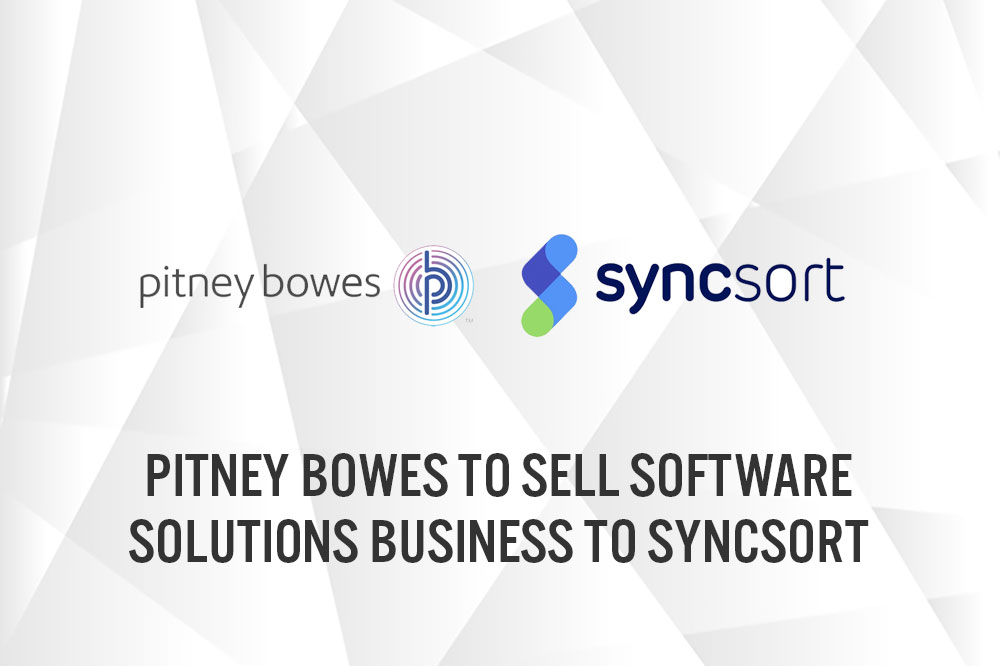
DIpil Das
Software Solutions was Pitney Bowes’ third-largest segment in 2018, with $341 million in total revenues and accounting for 9.7% of total revenues. The $700 million purchase price represents slightly more than two times last year’s revenues for the business unit. In 2018, the segment generated EBIT of $47 million, representing a margin of 13.8%, below the corporate average of 17.7%.
Management reiterated its corporate policy of considering the sale of a business when it has more value to an external entity. Since its evaluation of strategic alternatives in 2018, the company has:
- Divested the Document Messaging Technologies Production Mail and supporting software business.
- Sold its direct operations within the Global SMB business in six smaller European countries and paid down debt.
- Returned cash to shareholders in the form of dividends and share buybacks.
- Launched Wheeler Financial Services.
- Continued to invest the core business with new products in Global SMB and new capabilities in Commerce Services, including expanding the domestic delivery network.
- Revenue growth of 1-2% on a constant currency basis compared to the revised 2018 revenue (to account for the divestiture), down from up 1-3% previously.
- Adjusted EPS from continuing operations of $0.65-0.75, down from $0.90-1.05.
- Free cash flow of $175-205 million, down from $200-250 million.